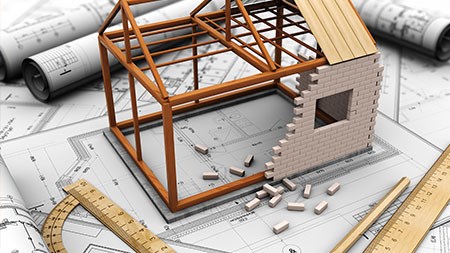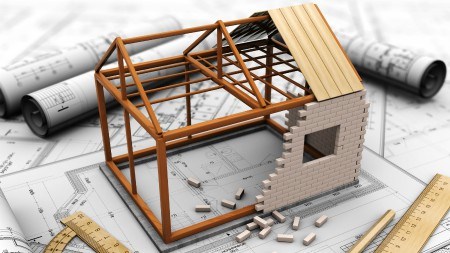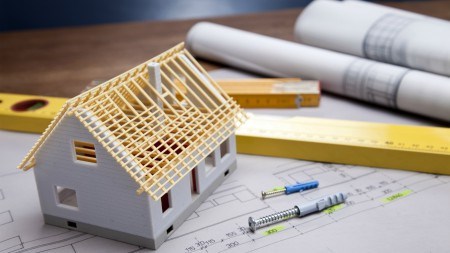There are differences between applying for an ordinary home loan and a loan granted by the bank for construction or renovation of a property.
Home loans
Whether you are buying a pre-owned property or a newly-built home, the home loan you will need is what the banks call an “ordinary” loan, and in most cases you will only have about 30 days to confirm to the property seller that your loan has been approved.
It also does not matter if you are a first-time buyer or a repeat buyer, but the size of the loan will depend on the property purchase price and the size of the deposit you are able to put down, and the repayment period will most likely be 20 years, although some banks are willing to extend this to 30 years.
In terms of the National Credit Act, banks cannot let you get into financial trouble by borrowing more than you can afford, but it is a good idea to establish the size of loan you are likely to be granted by obtaining pre-qualification through a reputable bond originator before you go house-hunting, says David Britz, marketing director of leading home developer Multi Spectrum Properties..
“This will enable you to concentrate on properties that are in your price range - and speed up your home loan application process once you have found a home you wish to buy.
For home loan pre-qualification you will need:
- three months’ bank statements and salary slips
- a copy of your ID and proof of residence
- to have your credit record checked
When applying for the actual home loan. you will also need a copy of the offer to purchase.
Ordinary loans are available in a couple of variants, the first of which is a variable-rate loan where the interest you are charged fluctuates in line with the prime rate and is thus affected by macro-economic factors like the inflation rate, the rand exchange rate and the petrol price, he says.
“The second option is a fixed-rate loan where the interest you are charged each month is fixed for a certain period – usually for two years. The advantage of this type of loan is that it enables you to budget with certainty, but the big disadvantage is that the interest rate charged will be higher than whatever prime was at the time it was taken out, and you will get no benefit if rates should decline in the meanwhile.”
In all instances, says Britz, the interest on ordinary loans is calculated daily on the outstanding balance and debited to your home loan account monthly. Instalments are payable monthly on the due date in terms of your home loan agreement with the bank.
Building loans
“However, when you decide to buy a plot-and-plan home, build your dream residence or make alterations to your existing home, you will need a different type of home loan, usually referred to as a ‘building’ loan although it also covers the purchase of the stand.
“And the way a building loan works is that progress payments are only made to the building contractor as each stage of the construction work is satisfactorily completed. Most banks will also retain a final payment until you have signed off on the completed property.”
To apply for a building loan you will need:
- all the same documents required for an ordinary loan
- approved building and site plans
- a detailed building contract and schedule of finishes from your builder
- proof that the builder is registered with the NHBRC
- an all-risks insurance policy for the construction
- a waiver of builder’s lien in favour of the bank.
“In some cases, borrowers will also need to pay a deposit of at least 10% of the cost of the build to finance any shortfall between the loan granted by the bank and the eventual cost of the completed home.”




